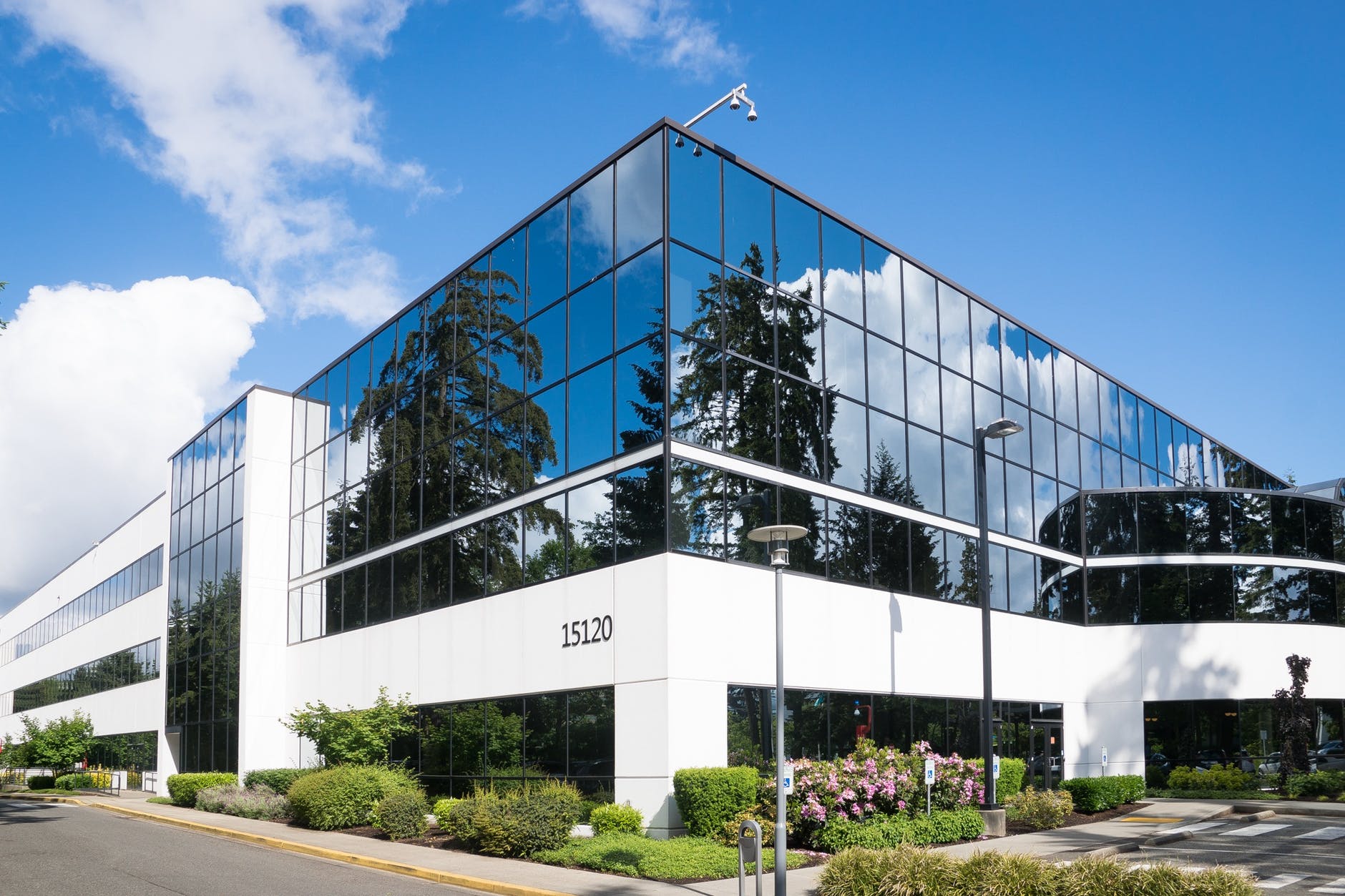
Photo by Pixabay on <a href="https://www.pexels.com/photo/15120-architecture-blue-building-269077/" rel="nofollow">Pexels.com</a>
When you take on a new responsibility, you should always have a good idea about what, exactly, you’re taking on. Just as you should know what comes with managing your own business, if you’re buying a property, then you should know what responsibilities come with purchasing a home to put that business in, as well. Here are a few considerations to keep in mind.
The costs of it all
One of the disadvantages of buying a building is how much capital it can tie up. Even if you consider that to be worth it, you should make sure that you’re not surprised by the true costs of ownership. This goes beyond the costs of buying the building. Taxes, maintenance costs, any adaptations that you have to make all have to be accounted for, as well. Do your best to estimate these costs and make sure they can fit your budget or you can end up losing the business to the building.
The need for maintenance
You can’t ignore the costs mentioned above, either. Some of them are going to be a regulatory requirement for running the business out of it. For many industries, maintenance of the building is likely to fit into those requirements. There is maintenance software that can make it easier to track your maintenance needs and scheduling them. Most important is that you’re taking the time and setting any money aside that’s necessary to actually care out that maintenance, however. This can include the building itself, the HVAC, electrics, plumbing, and more.
How long it’s likely to last
Another disadvantage that you may need to plan around is the relative inflexibility that comes with buying a building. It’s easier to rent and move out than it is to sell up when you find your space needs change. What’s more, you should get a good understanding, in concrete terms, of how long the building will last with maintenance. Structural analysis of the building and the grounds around it can help you get a good idea if there are any issues you should be prepared for, or if the building comes with a limited lifespan that you should be planning around.
The importance of safeguarding it
You need to treat the building you buy like an asset, as valuable as it is. This means protecting it from the things that might devalue it. Aside from maintenance, you may need to look at commercial building insurance to ensure that you get the money you need to make any repairs that might otherwise cause the building’s value to plummet. Of course, providing actual security for the building in the form of reinforced entryways, border fences, and technologies like CCTV and security alarms can also help you protect that asset from damage and theft by potential criminal elements that might target it, too.
You can’t predict every need or hiccup that might come with a decision as big as purchasing a property for your business. The tips above can help ensure that you’re prepared for the most vital ones, however.


